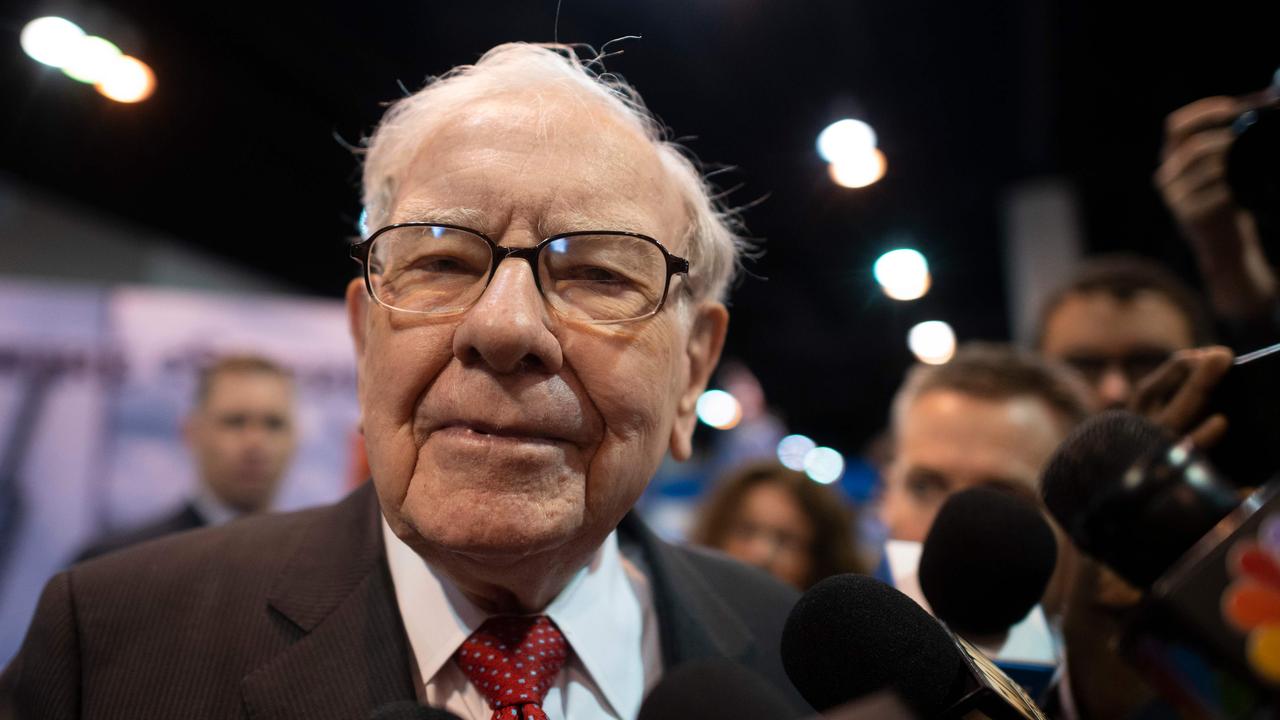My annual reckoning with Warren Buffett’s dismissal of diversification


This is an annual reckoning – the school report for a diversified investor.
I’ve been preoccupied all year with a line from Warren Buffett, whom I regard as not just the best investor of our time but a particularly wise individual.
Buffet once said: “You know we think diversification – as practised generally – makes very little sense for anyone that knows what they’re doing … it is a protection against ignorance.’’ Ouch!
A protection against ignorance eh? Well, I’d like to think I know what I’m doing.
I have some experience here. I’ve run my own super fund since 2005 and I happen to be paid to pay attention to what’s going on.
Before I finally examine the shareholder statement for the year to June, I already know some things went very nicely in recent months.
I know I’ve got some things right in the share portfolio – thanks again data storage champion NextDC – up nearly 40 per cent year to date.
Yet despite all my alleged experience, I can still pick a real dud even in a rising market. Yes, I’m talking about you Ramsay Health Care, which is down 10 per cent year to date and 20 per cent since I thought I was getting a bargain last year.
When it comes to investing, and especially in the sharemarket, I am sure of only one thing: diversification has always worked for me.
If you fully diversify you will never get wiped out; and you will never hit the jackpot. That’s the deal and I’m willing to accept it.
That’s why I’m strenuously diversified in every asset class across my self-managed super fund. I’ve got pie charts which the godfather of diversification, Harry Markowitz, could only smile upon.
Inside my share portfolio it’s the same idea. Just about every category is earnestly covered so the wider market is fully represented. Warren Buffett would frown at my ‘‘protection against ignorance’’.
But I like to look at it another way. Diversification is a protection against the tendency of everyone, from top-paid economists to day traders, to get their forecasts completely wrong.
Back to the shareholdings statement. It turns out my share portfolio is the swing factor this year. It’s well up and doing better than the 14.5 per cent total return the big super funds are reporting for their Australian share performance.
But when I look closely at the returns from Australian shares, it is a completely mixed bag.
A range of ‘‘growth’’ stocks – not just NextDC – which should have done nothing have knocked it out of the park; some of the value stocks – not just Ramsay Health Care – that were supposed to shine this year have done nothing, or worse.
Yet the overall result is very strong. A diversity of ordinary shares bolstered by automatically diversified exchange-traded funds has paid off.
At the very least, this year’s outcome makes me realise that the great theme of the market at present – value stocks versus growth stocks – is a waste of time.
The presumption that rising rates would weigh against companies, where revenue growth is more highly prized than dividend payouts, has not come to pass.
Or as Pitcher Partner’s Charlie Viola puts it in the latest Money Puzzle podcast: ‘‘The whole value versus growth dynamic is garbage.’’
Viola, who consistently ranks near the top of The Australian’s Top Financial Advisers list, says value and growth are irrelevant notions. This is a guy who started life as a bank teller and now manages more than $2bn for about 160 clients. I’d take him seriously.
He believes that across all asset classes it’s about buying good quality assets with competitive advantage, good balance sheets and management with a continuity of earnings. And since we are busy here undermining the ‘‘value versus growth’’ debate, let’s go one step further.
It just so happens that diversification doyen Harry Markowiz died last month and his theories are once again being revived.
Markowitz is famous for ‘‘modern portfolio theory’’, which among other things established the notion of the ‘‘efficient frontier’’, where in stable markets it is possible to get more returns at less risk by diversifying.
When I look back at last year, we learnt once again that every investing year is a total mystery. The only thing we know for sure is that historically, diversification pays well.
Viola reminds us that if we took more risks we might do better.
“But diversification reduces your risk. Put simply, you don’t have all of your money subjected to the same risks. It’s common sense.”
Harry Markowitz got it right and won a Nobel prize for it too. Warren Buffett got it wrong.



It’s July, so I can finally get the shareholder’s statement for the past financial year from my stockbroker.